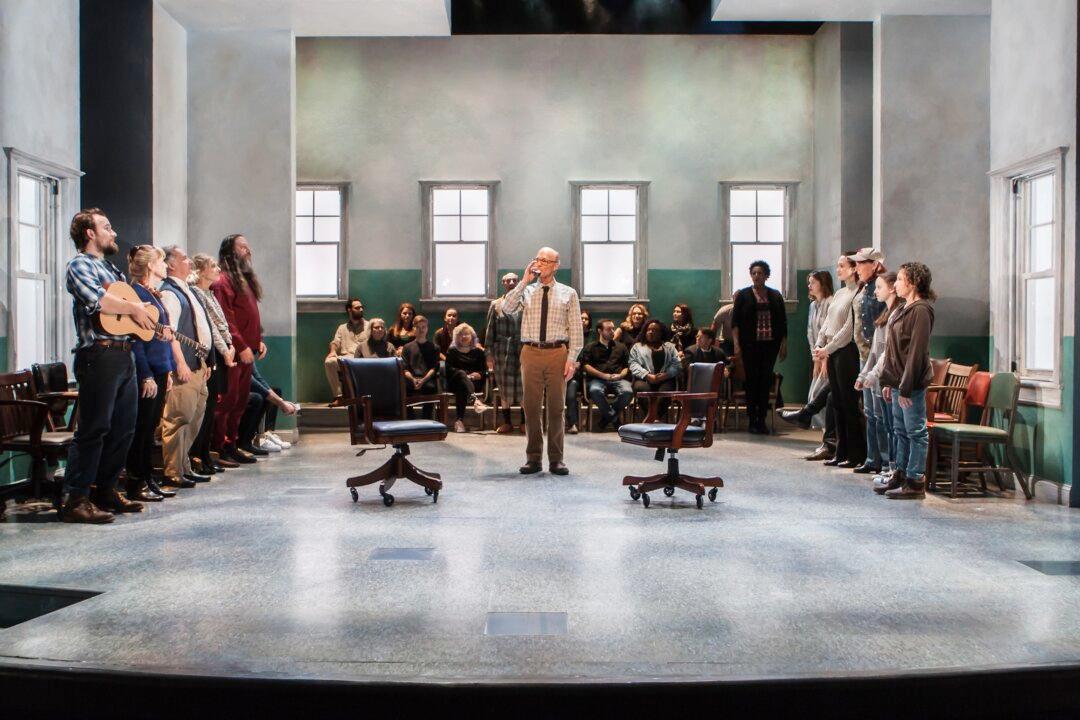NEW YORK—Playwright David Rabe makes a triumphant return to the New York stage with The New Group’s presentation of “Good for Otto” at the Pershing Square Signature Center. Inspired by Richard O'Connor’s book “Undoing Depression,” the drama offers a penetrating look at those who suffer from mental illness and at those who try to help them.
Dr. Robert Michaels (Ed Harris) is the chief administrator at the Northwood Mental Health Center, as well as a therapist. The pastoral surroundings of its location in the Berkshire Mountains of Connecticut stand in stark contrast to the issues playing out inside its walls. There, the perennially overworked staff accepts all who seek treatment, for at least eight sessions.





